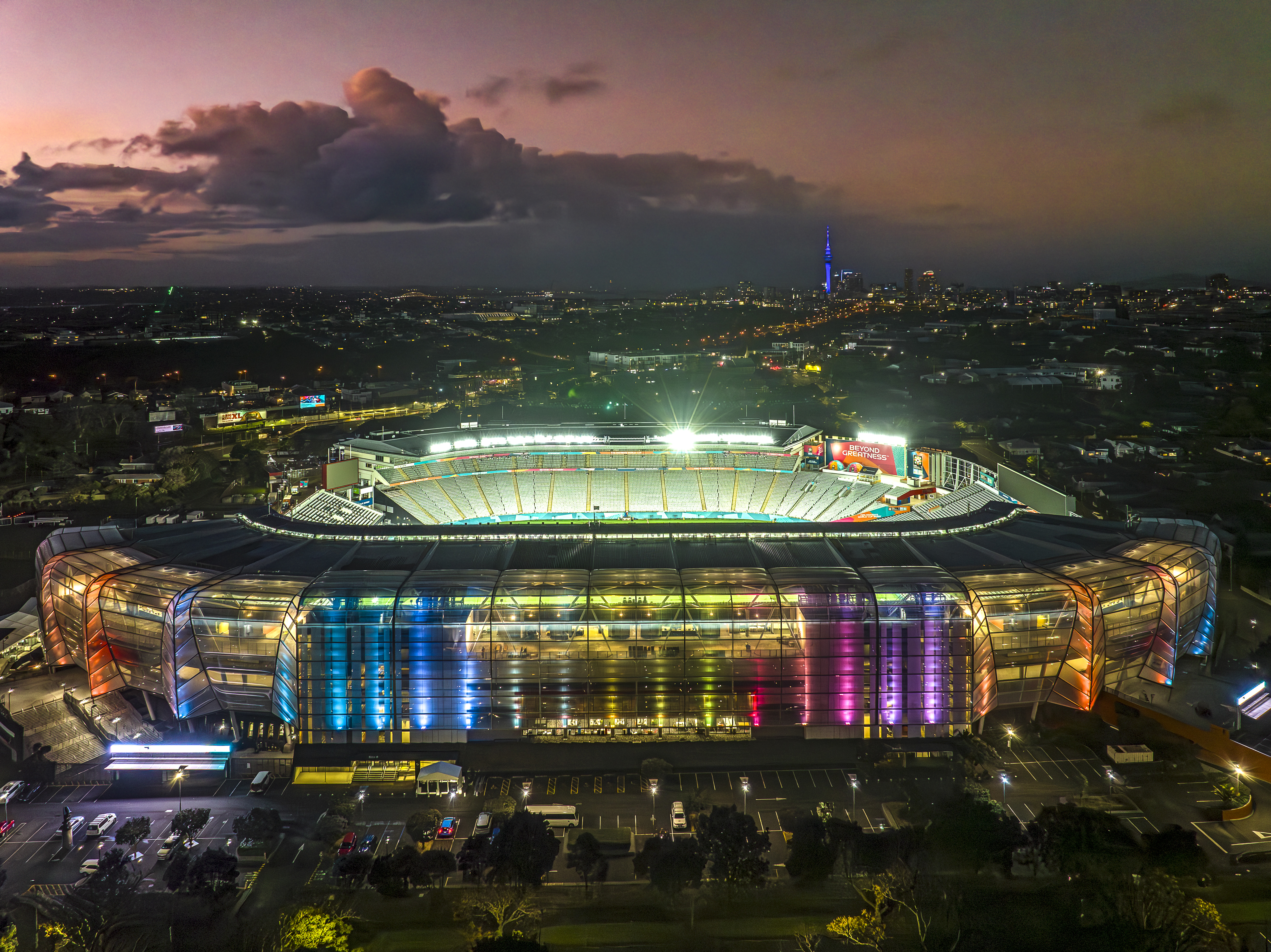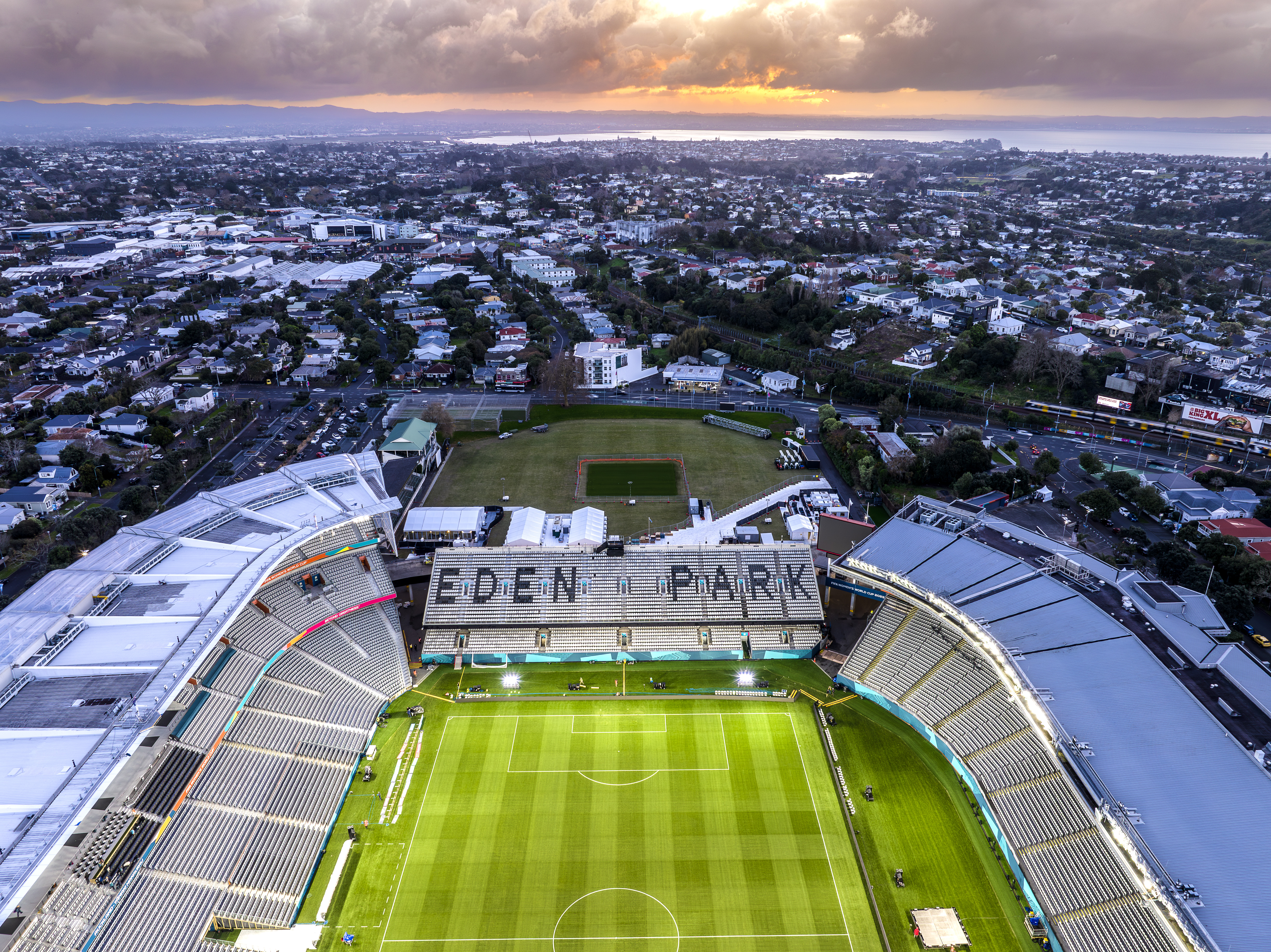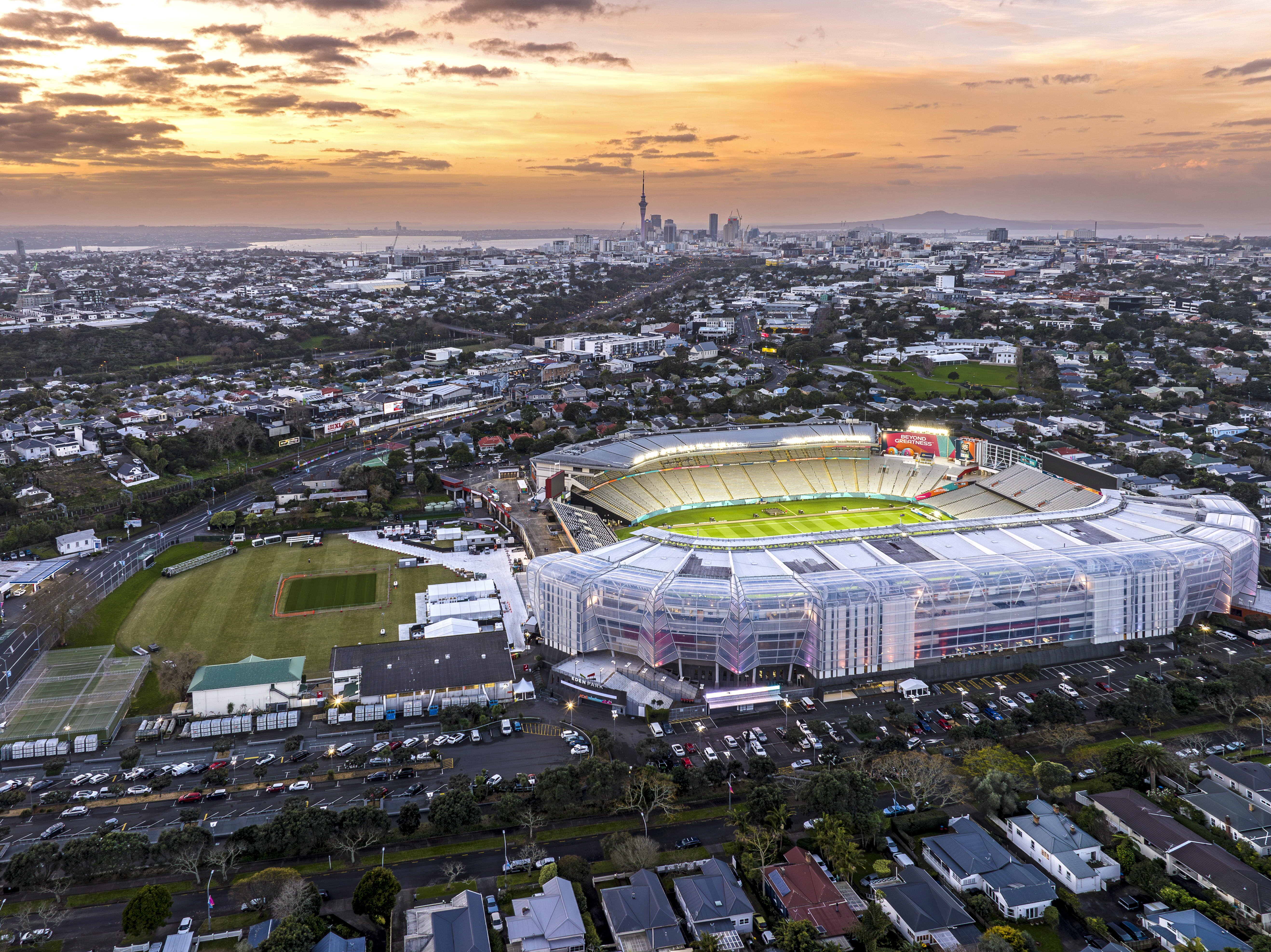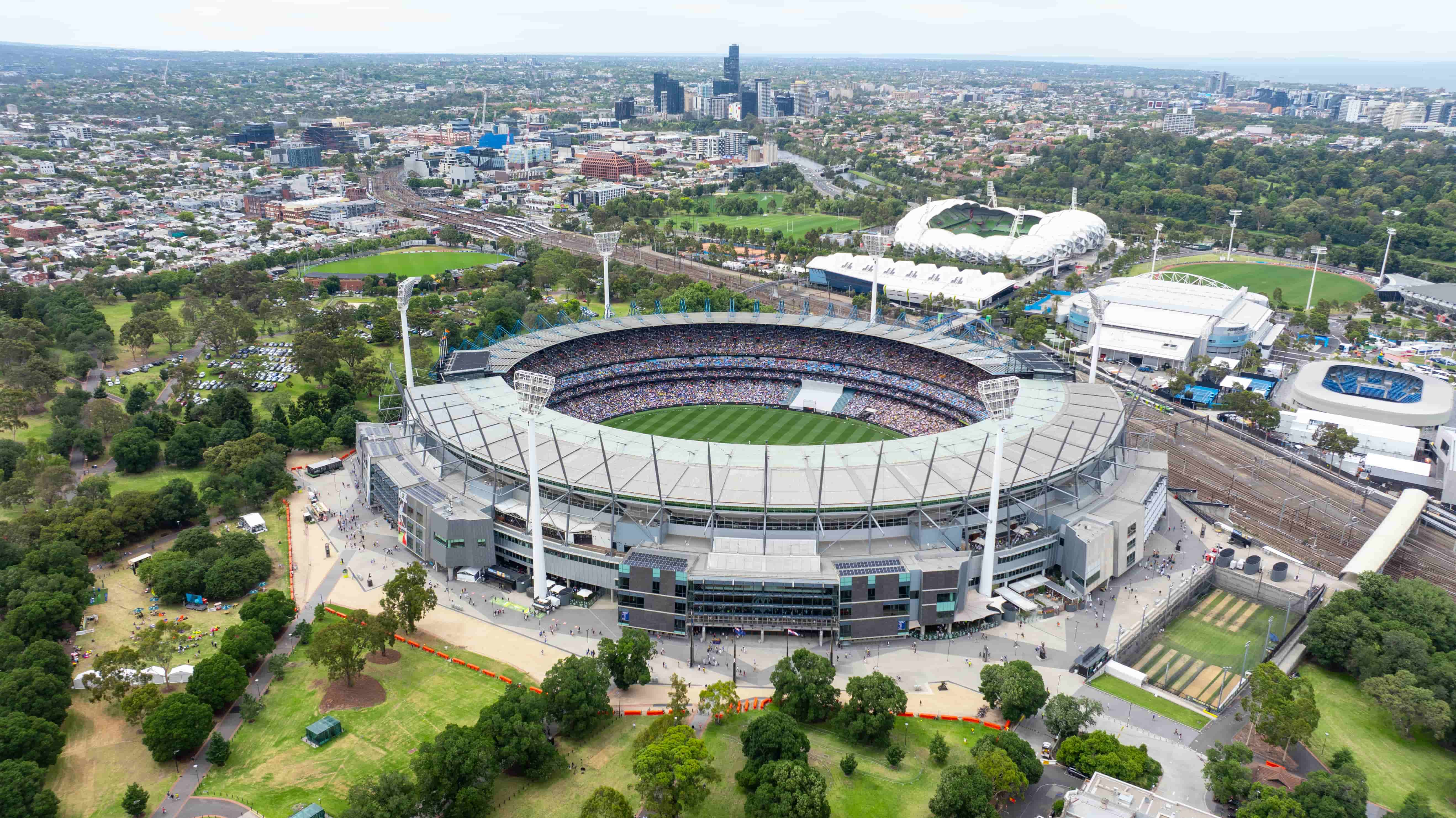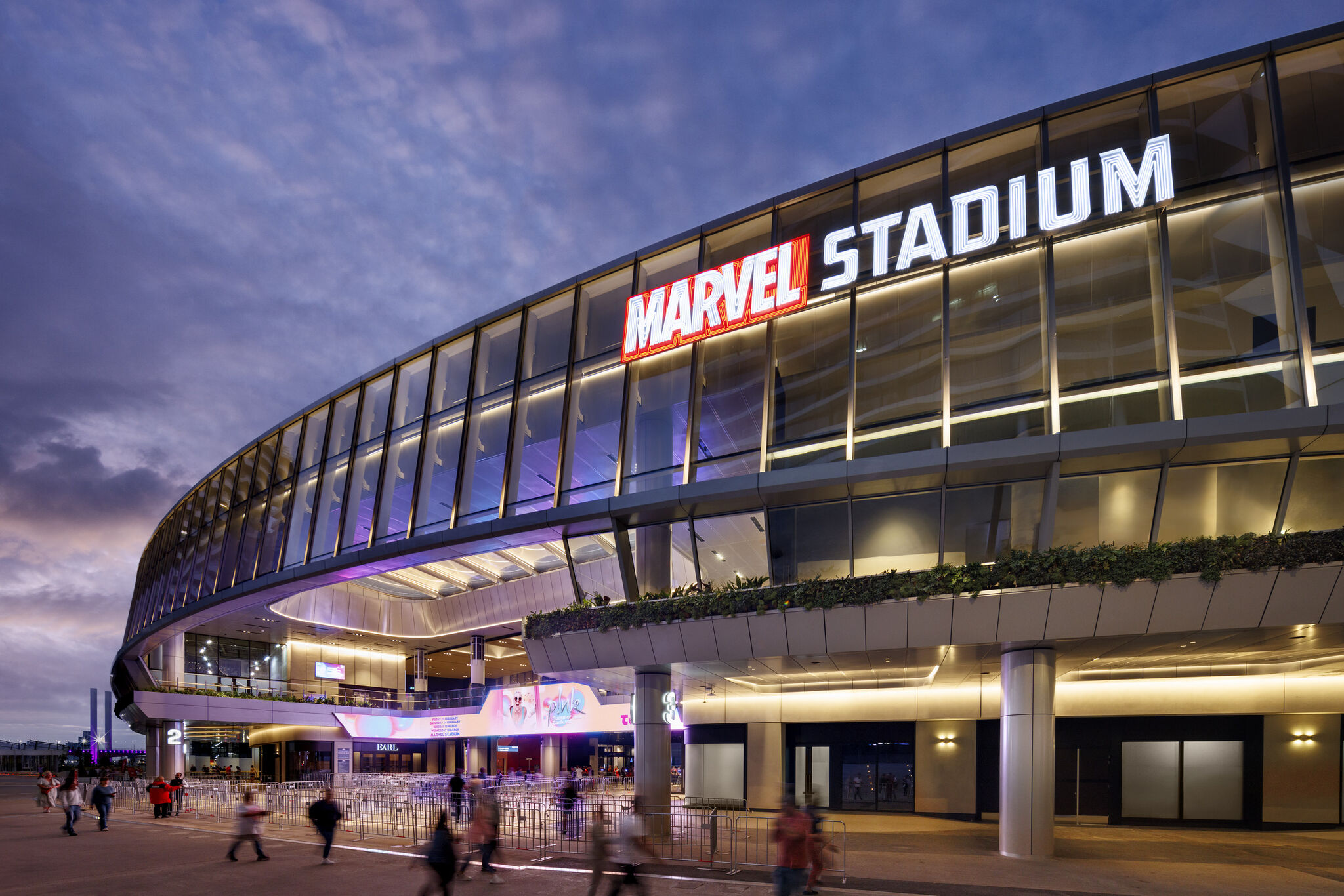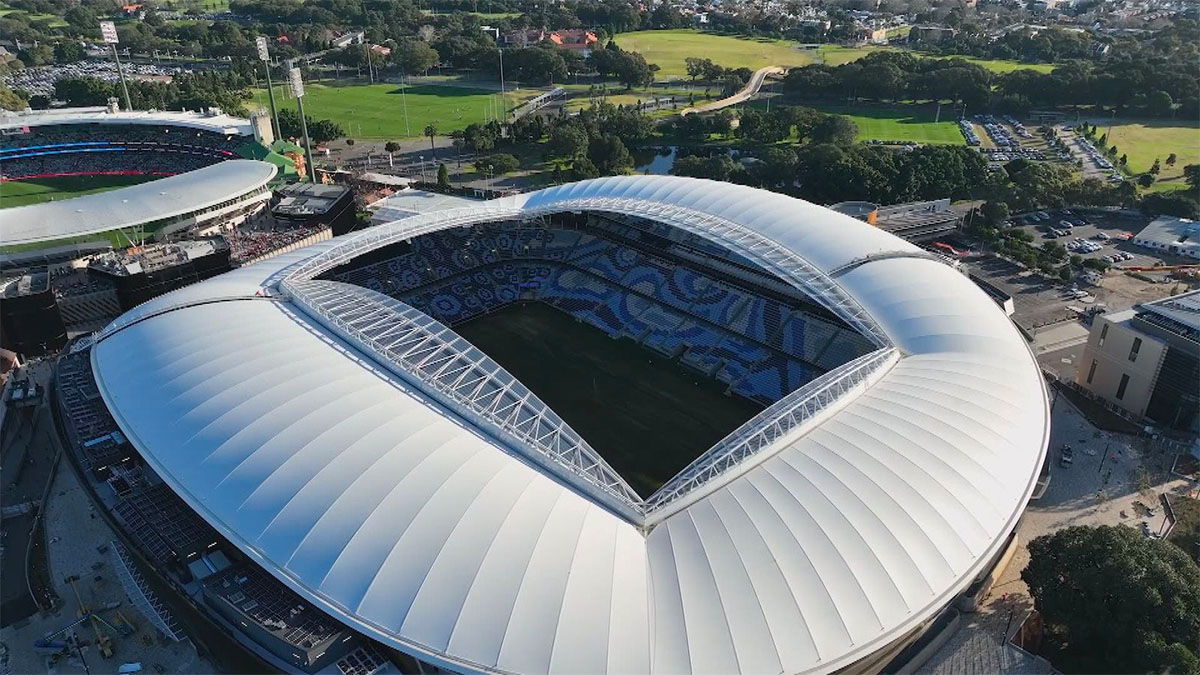Eden Park has been the heart of New Zealand sport for over a century. First envisioned in 1902 by a cricketer, the rough paddock on Kingsland Road was transformed into a cricket ground and later became home to Auckland Cricket and Auckland Rugby. The Eden Park Trust was established in 1926 and continues to manage the venue today.
In preparation for the 2011 Rugby World Cup, Eden Park underwent a major redevelopment that achieved Practical Completion in August 2010. WT played a central role throughout the redevelopment, providing quantity surveying services that supported informed decision-making and budget certainty from concept through completion. The project delivered a three-tier South Stand housing player facilities, 52 corporate boxes, hospitality lounges, public concourses, and broadcast suites, with seating for 21,500 spectators. The existing eastern terraces were replaced by a two-tier East Stand providing an additional 10,000 seats.
The redevelopment also included overlay works for the Rugby World Cup. The temporary stands and supporting facilities tested during the 2011 Bledisloe Cup increased capacity to 62,000, and they were dismantled after the tournament. Through disciplined financial control and clear communication with project stakeholders, WT contributed to the successful delivery of a world-class, modernised stadium that balanced international-event standards with the heritage of New Zealand’s most iconic sporting venue.
Services provided
WT provided full quantity surveying services to the client throughout the redevelopment, including:
- Cost planning and budget development from concept through completion
- Procurement and tender evaluation support
- Value Engineering to maintain alignment between scope and budget
- Cost control and financial reporting throughout construction
- Post-contract administration, including variations and final account negotiation
Challenges
The redevelopment required close coordination among numerous stakeholders—sporting bodies, government agencies, design consultants, contractors, and community groups. Balancing the expectations of these diverse interests was a key challenge, particularly as scope changes and compliance requirements evolved through design and construction.
Upgrading a live stadium while meeting strict international event deadlines added logistical pressure. Maintaining clear communication and disciplined cost control was essential to keeping the project on track and ensuring quality outcomes within the set timeframes.
Value added
WT’s effective cost planning and management enabled the project to expand beyond its original scope, incorporating design enhancements while remaining within budget. Regular, transparent reporting fostered accountability and confidence among stakeholders.
The team’s data-driven advocacy for the preferred project option secured client approval and ensured alignment with budget. The strong relationships built throughout delivery have led to further collaboration on further Eden Park initiatives and more into the future.
The 2011 redevelopment remains a benchmark for large-scale sports infrastructure in New Zealand. WT continues to contribute toward ongoing and planned upgrades, including compliance improvements and facility enhancements, reinforcing Eden Park’s role as the nation’s stadium.

